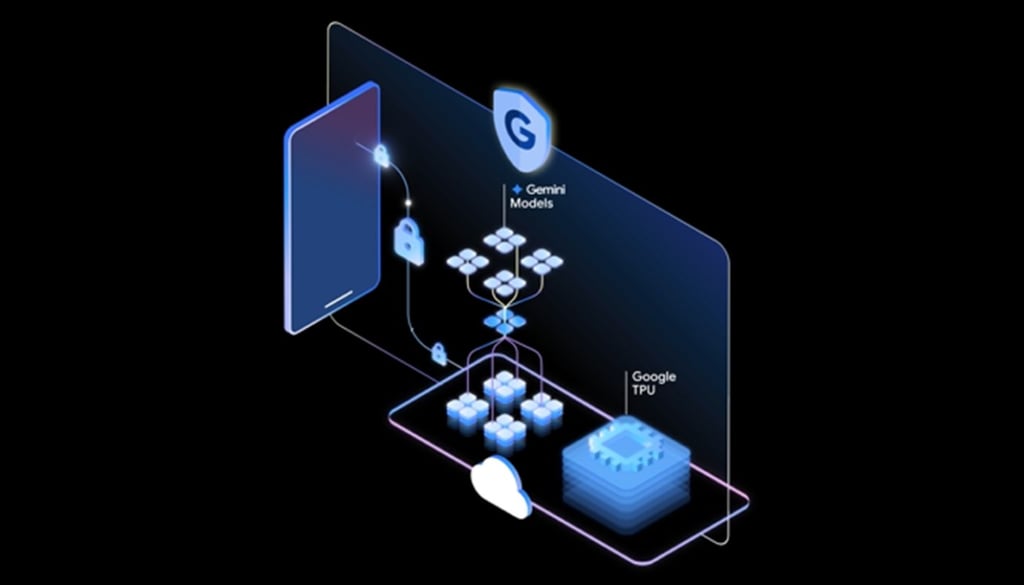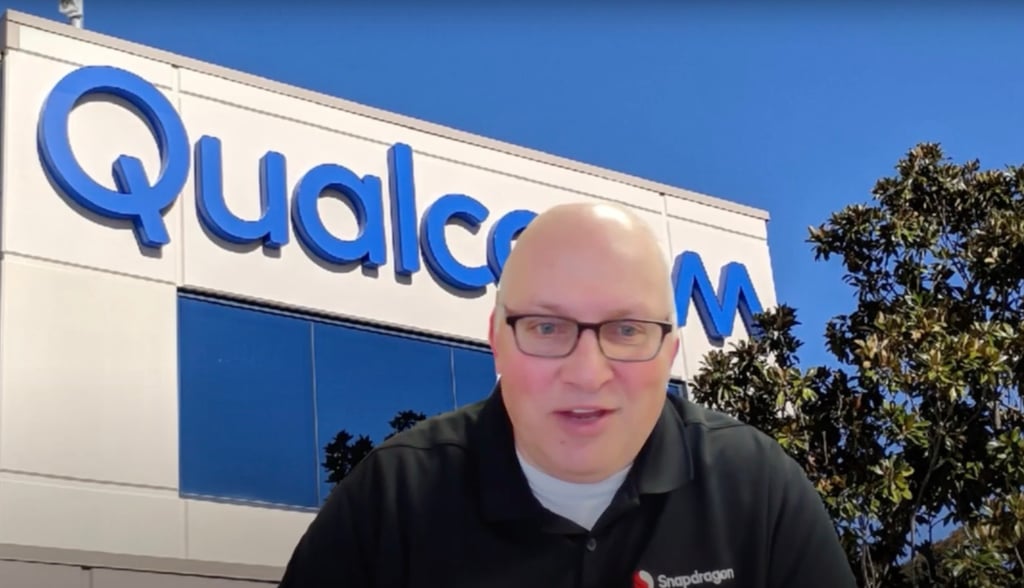



eSpeaks host Corey Noles sits down with Qualcomm's Craig Tellalian to explore a workplace computing transformation: the rise of AI-ready PCs.

Matt Hillary, VP of Security and CISO at Drata, details problems and solutions as AI plays an expanding role in governance, risk, and compliance (GRC).

Greg Whalen, CTO of Prove AI, detailed the many issues around AI governance, including new challenges created by the rise of agentic AI.

-
Latest News - Resources Featured ResourcesLink to The Real AI Power Play: Who Controls Your Enterprise Data Layer?
 The Real AI Power Play: Who Controls Your Enterprise Data Layer?IT and data teams were promised that AI would make work easier. Instead, it's created new layers of complexity.Link to Building the Backbone of Agentic AI with Trusted, Context-Rich Data
The Real AI Power Play: Who Controls Your Enterprise Data Layer?IT and data teams were promised that AI would make work easier. Instead, it's created new layers of complexity.Link to Building the Backbone of Agentic AI with Trusted, Context-Rich Data Building the Backbone of Agentic AI with Trusted, Context-Rich DataIn this 10-minute take video, Reltio Principal Solutions Consultant Guy Vorster explains how organizations can overcome fragmented data challenges to power AI agents.Link to IHG scales real-time, trusted data across global brands
Building the Backbone of Agentic AI with Trusted, Context-Rich DataIn this 10-minute take video, Reltio Principal Solutions Consultant Guy Vorster explains how organizations can overcome fragmented data challenges to power AI agents.Link to IHG scales real-time, trusted data across global brands IHG scales real-time, trusted data across global brandsAccelerating time to value while powering data-driven engagementLink to Qualcomm’s Craig Tellalian on AI-Ready Enterprise PCs
IHG scales real-time, trusted data across global brandsAccelerating time to value while powering data-driven engagementLink to Qualcomm’s Craig Tellalian on AI-Ready Enterprise PCs Qualcomm’s Craig Tellalian on AI-Ready Enterprise PCs
Qualcomm’s Craig Tellalian on AI-Ready Enterprise PCseSpeaks host Corey Noles sits down with Qualcomm's Craig Tellalian to explore a workplace computing transformation: the rise of AI-ready PCs.
Link to Drata’s Matt Hillary on AI’s Role in Compliance and Governance Drata’s Matt Hillary on AI’s Role in Compliance and Governance
Drata’s Matt Hillary on AI’s Role in Compliance and GovernanceMatt Hillary, VP of Security and CISO at Drata, details problems and solutions as AI plays an expanding role in governance, risk, and compliance (GRC).
Link to Prove AI’s Greg Whalen on Challenges in AI Governance Prove AI’s Greg Whalen on Challenges in AI Governance
Prove AI’s Greg Whalen on Challenges in AI GovernanceGreg Whalen, CTO of Prove AI, detailed the many issues around AI governance, including new challenges created by the rise of agentic AI.
-
Artificial Intelligence -
Video -
Big Data & Analytics -
Cloud -
Networking - Cybersecurity Cybersecurity
- Applications Applications
- IT Management IT Management
- Storage Storage
- Mobile Mobile
- Small Business Small Business
- Development Development
- Database Database
- Servers Servers
- Android Android
- Apple Apple
- Innovation Innovation
- PC Hardware PC Hardware
- Reviews Reviews
- Search Engines Search Engines
- Virtualization Virtualization
-
- Blogs Blogs





































